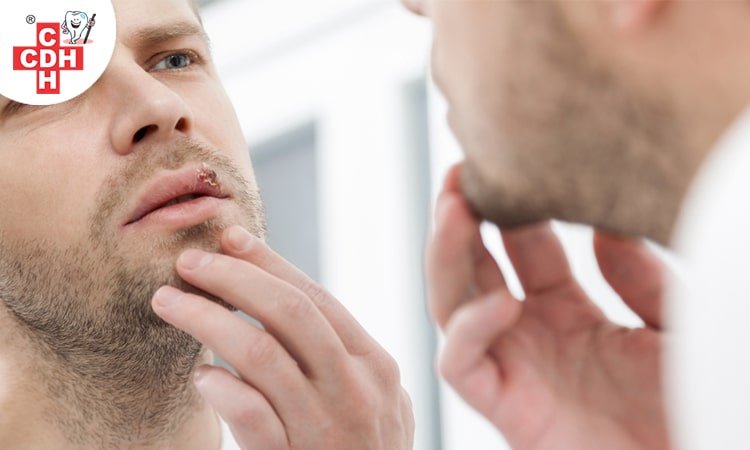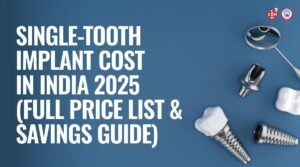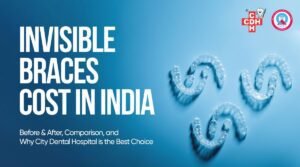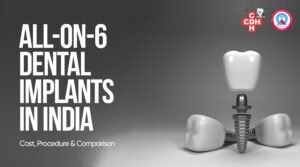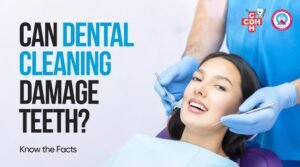Whether you call it a cold sore or a fever sac, oral herpes is a common infection of the mouth area that is produced by herpes simplex virus type 1 (HSV-1). According to the National Institutes of Health, it is said that about 90 per cent of adults have been revealed to the virus by age 50.
It is also said that once you are infected, it lies dormant in a group of nerve cells. While some people never develop any indications from the virus, others will have periodic bursts of infections.
If left untreated, the symptoms will usually subside in 1 to 2 weeks. Antiviral medications given by the dentist may shorten the course of the symptoms and reduce pain. You can wash blisters smoothly with soap and water to reduce the spread of the virus to other areas of skin. An antiseptic soap may be prescribed. To reduce the pain, you can apply ice or warmth to the area.
You can take precautions to avoid oral herpes and infecting others.
Expectations (diagnosis)
Herpes labialis customarily disappears automatically in 1 to 2 weeks. It may recur also. Infection may be critical and dangerous if it happens in or near the eye, or if it happens in immunosuppressed people.
Complications:
- The spread of herpes to other skin areas
- Secondary bacterial skin diseases
- Recurrence of herpes labialis
- Generalized infection may be life-threatening in immunosuppressed people. It includes those with atopic dermatitis, cancer, or HIV infections.
- Blindness
Herpes infection of the eye is one of the leading causes of blindness in the US, causing scarring of the cornea.
Calling your healthcare provider
Suppose they are herpes labialis symptoms and persist for more than 1 or 2 weeks, then book an appointment with your healthcare provider. Call if symptoms are critical, or if you have a problem associated with immunosuppression and you are developing herpes symptoms too.
Prevention
- Avoid having direct contact with cold sores or other herpes lesions.
- Reduce the risk of indirect spread by thoroughly cleaning items in hot or boiling water before reuse.
- Never share any items with an infected person, notably when herpes lesions are active.
- Avoid accelerating causes (especially sun exposure) if prone to oral herpes.
- Dodge performing oral sex when you have active herpes lesions on or near your mouth. Also, avoid passive oral sex with someone who has active oral or genital herpes lesions.
- Condoms can help reduce, but do not eliminate, the risk of transmission via oral or genital sex with an infected person.
- Perversely, both oral and genital herpes viruses can sometimes be spread even when the person does not have active lesions.
We make smiles beautiful!
A healthy smile and better well-being, all start at City Dental Hospital. Experience the highest dental healthcare standards with state-of-the-art technology, and durable bio-friendly materials that focus on all preventive, painless, and cosmetic dental procedures in Rajkot at City Dental Hospital. With our years of experience, we are committed to providing patients with superior dental health and a complete range of services to give them the smile that they deserve.
At City Dental Hospital, the top Dental Hospital in Gujarat, we offer flexible timing, individual attention, affordability, accurate explanation of treatments, and excellent patient care. Here, we follow strict and stringent hygiene protocols.
If you also want to change something about your smile, consider dental veneers.
If you want to know more about oral thrush or dental tips, follow us on:
https://www.facebook.com/citydentalhospital/
https://twitter.com/rajkotdentist
https://www.instagram.com/citydentalhospital/
https://www.youtube.com/channel/UCNw2_IDu8BuEyjaYClwvmUg
https://www.linkedin.com/company/citydentalhospital


